
Holy Sweetness
Passover is a sweetness so whole, that your mind and your emotions must be whole to taste it. One must connect with G-d to taste this holy sweetness…

Compiled and edited by Ziv Ritchie
Rebbe Nachman says, Yom Tov stands on the street corner and screams out to the world, “Please know that G-d is leading the world, that there is no nature!” He says that you have to listen with your ears and your heart very closely to hear this screaming. The more you hear the Yom Tov yelling out that G-d is leading the world, the more you feel the joy of Yom Tov. G-d forbid, if you are not so happy on Yom Tov, that means you didn’t hear it calling.
How do you get your ears to hear Yom Tov calling? Before Pesach [and every Yom Tov] you must give charity, you have to give to the poor. You train your ears by hearing the cries of those in need. Then your ears become refined, and on Yom Tov you can hear G-d telling you, “Know, there is only one G-d.” But if your ears are not open to the crying of the poor, then your ears are deaf and you cannot hear G-d calling either.
Noam Elyon
Reb Nachman talks about something called Noam Elyon, a kind of holy sweetness which flows down from Heaven.
This sweetness is so whole, that if your mind isn’t whole and if your emotions aren’t whole, then you can’t taste it. You don’t have a place in which G-d can give you the taste of this holy sweetness.
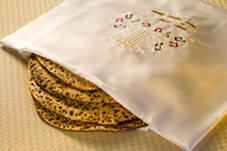 Matzo is the simplest bread in the world, just flour and water. No salt, no pepper. Reb Nachman says that on Yom Tov the Noam Elyon flows from Heaven in simplicity. If you are not whole, you cannot receive it. The matzo we eat gives over to us its simplicity, its wholeness.
Matzo is the simplest bread in the world, just flour and water. No salt, no pepper. Reb Nachman says that on Yom Tov the Noam Elyon flows from Heaven in simplicity. If you are not whole, you cannot receive it. The matzo we eat gives over to us its simplicity, its wholeness.
Matzo tastes so good because it is a piece of the sweetness of Noam Elyon.
What makes us so perverted? We put so much work into our little piece of bread. What do people do for the few rubles they make? They put their whole heart and soul into it, and each time they do, they become more and more slaves. The matzo we eat on Pesach doesn’t take much time to make. We put the least amount of time into our food, and the rest of the time we have is for doing great things, to be free.
Don’t take any time
This is a Torah from Rav Nachman. Sometimes our children ask us questions, and we can take our time in answering. Sometimes if we take our time, we will lose them. Rav Nachman says, if our children ask us, “Is there one G-d?” and we say, “Let’s talk it over,” – we’ve lost them. If they ask for advice, what should they do, what career they should have, we can say, let’s talk about it. If they ask, “Are you a Jew?” if you have to think about it, that’s not good. He says, Seder night is when our children ask, “Is there one G-d?” And our answer has to be right away. Don’t take any time.
I remember once reading a book written by one of the outstanding Jewish leaders of one of the other religions. This outstanding leader wrote in the forward to his book that when he was a little boy he once asked a Rabbi if there is one G-d. The Rabbi said, “Let’s discuss it. Come to my house and we’ll discuss it.” He then quoted from here, and he quoted from there. The boy said, “I’m just asking one question, is there one G-d or not?” He couldn’t get an answer out of the Rabbi. The next week, the little boy met a swami and asked him, “Is there one G-d?” The swami said, “Yes, there is.”
Seder night is when I tell my children there is one G-d. There is one Torah. There is Eretz Yisrael. I have no time to waste. It has to be fast.
When someone is drowning, imagine if I would say, ‘Let me call a Rabbi and ask if I should save this person, because I heard that last year this person ate ham on Yom Kippur.’ I call one Rabbi, and the line is busy, so I call somebody else. All these things are cute. In the meantime, the person is drowning.
You know the problem with us Yidden, you know why Moshiach hasn’t come yet? Because we waited, we waited so long. How did Moshe Rabbenu get us out of Egypt? Right now is the time – “bachatzot halayla,” in the middle of the night – right now, don’t think, just go. This is “mochin degadlus,” a high mind. It is not ‘not thinking.’ It is clearer than thinking. It is clear to me. It is on such a high consciousness level, a deep level.
When I see somebody drowning, where do they grasp me? Do they reach for my head? They reach for somewhere else; they touch the deepest depths of my understanding, which triggers something so holy.
So, Seder night, everything is fast, but it’s so clear, and it’s so good. “This I do not say other than when matzo and maror are placed in front of me.” Everything is clear. I can tell my child, “This is matzo, this is maror.” “I am a Jew, there is one G-d.”
You know, friends, we are living in a world where the devil would like so much to be able to take advantage of the great moments which we have. Seder night, every Jew wants to have a Seder. So, what does the devil do? He brings chicken soup and kneidelach. Sometimes I ask people, “How was the Seder?” They answer, “Oh, the food was unbelievable.” When you ask about the Seder, they are not thinking about the Haggadah, they are thinking about the food.
I was in India three years ago. I asked one boy, he was a Hindu who didn’t want to come back; I asked him what he knew about Yiddishkeit. He said, “Once a year my family got together for a Seder. The spokesman of the Seder was my uncle, who told over all the dirty jokes he had heard all year long. One night I got up and said, “I don’t think this is what the Seder is all about.” My uncle said to me, “Look who’s talking. You haven’t even finished Hebrew school yet. What do you know?” So I thought that, if all Yiddishkeit can offer me is a night with dirty jokes and chicken soup, who needs it, who wants it?”
When my daughter’s teeth hurt, I send for the best dentist. When my children are sick, I call for the best doctor. When it comes to Yiddishkeit, the soul of the soul, the eternity of all eternities of my children, would I subject them to the lowest people in the world, who don’t know anything?
This is a Torah from Rav Nachman. He says that, basically, the downfall and the ultimate slavery in Egypt were brought about because we ate from the Tree of Knowledge. Eating from the Tree of Knowledge causes you to eat your bread with sadness. The beginning of the Seder is that we eat karpas, we eat a little vegetable, and, a few moments later, we are on the level of eating bread with simcha, with joy. Matzo is on the level of eating bread with joy. From the beginning of the Seder, to the matzo, we are fixing everything from the Tree of Knowledge. And it goes so fast, so fast.
Chametzis that everything takes a long time. This is the downfall of mankind. The world says, “We have to wait for peace. It takes time until it comes.” Always waiting, waiting. Matzo is the symbol of alacrity [not waiting] in the service of G-d; today is a great moment – don’t wait.
Rabbi Shlomo Carlebach’s books are available online at the Breslev Israel store.



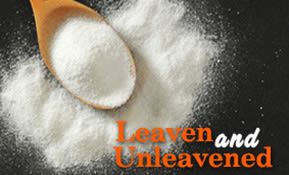
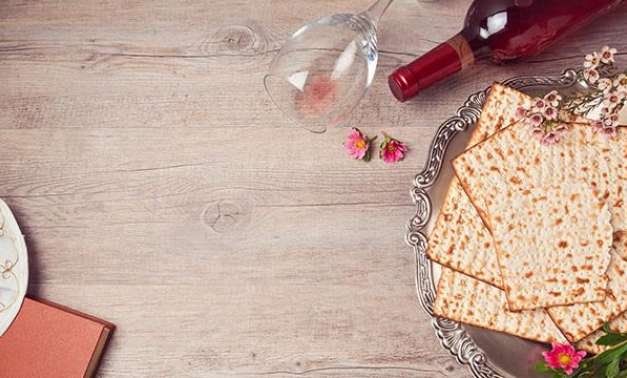
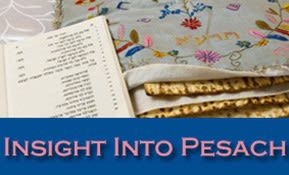
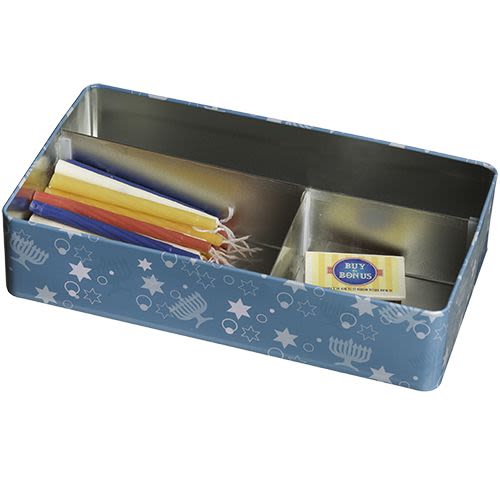

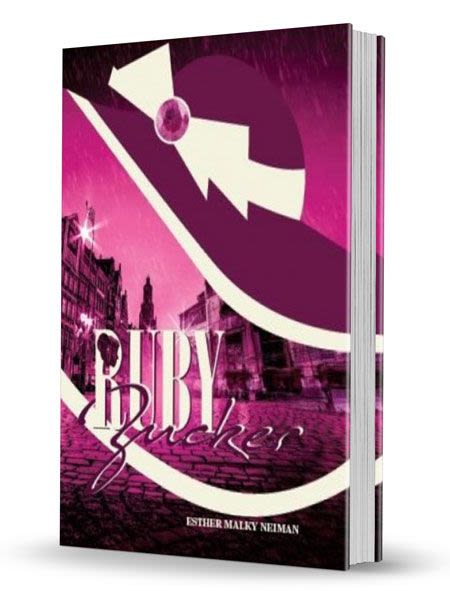
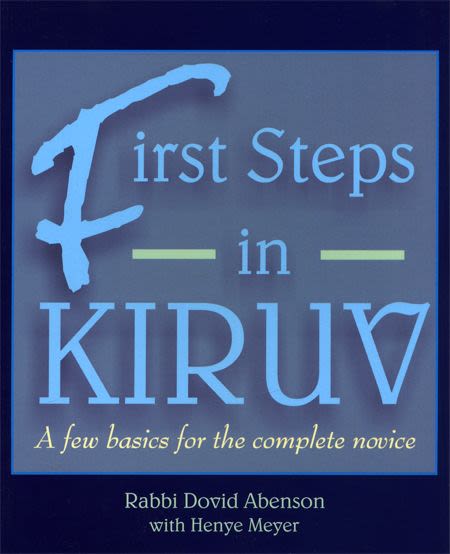
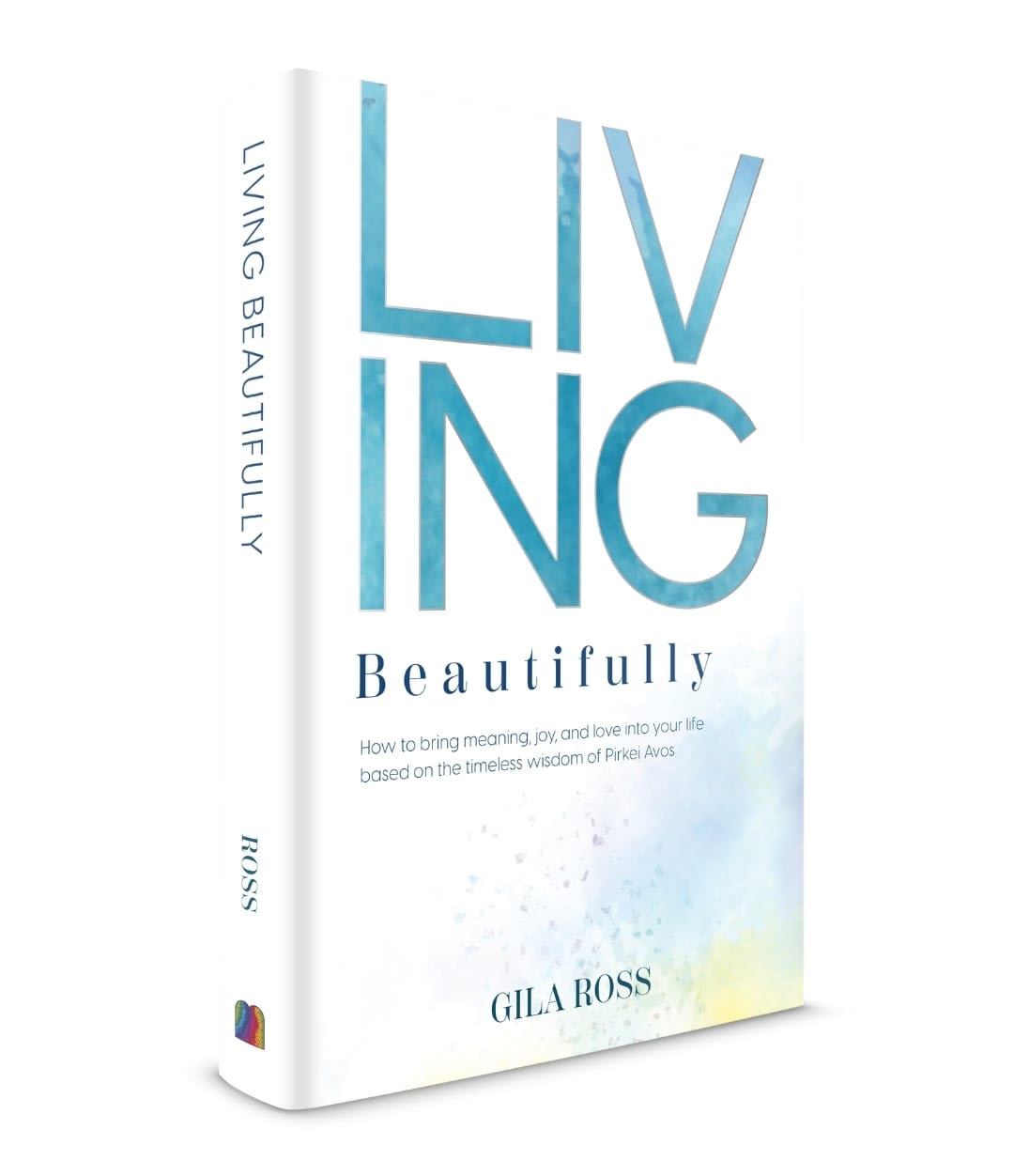
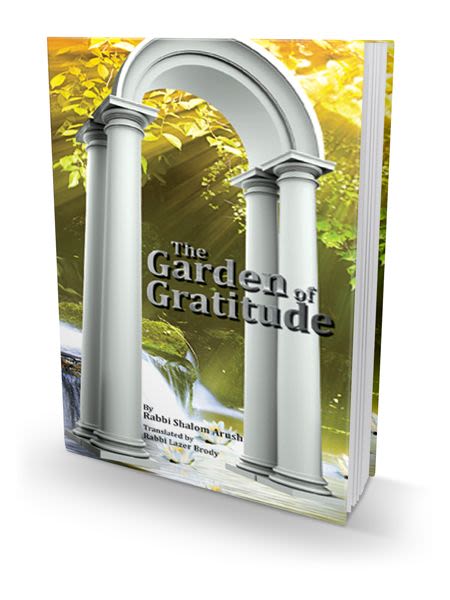
Tell us what you think!
Thank you for your comment!
It will be published after approval by the Editor.